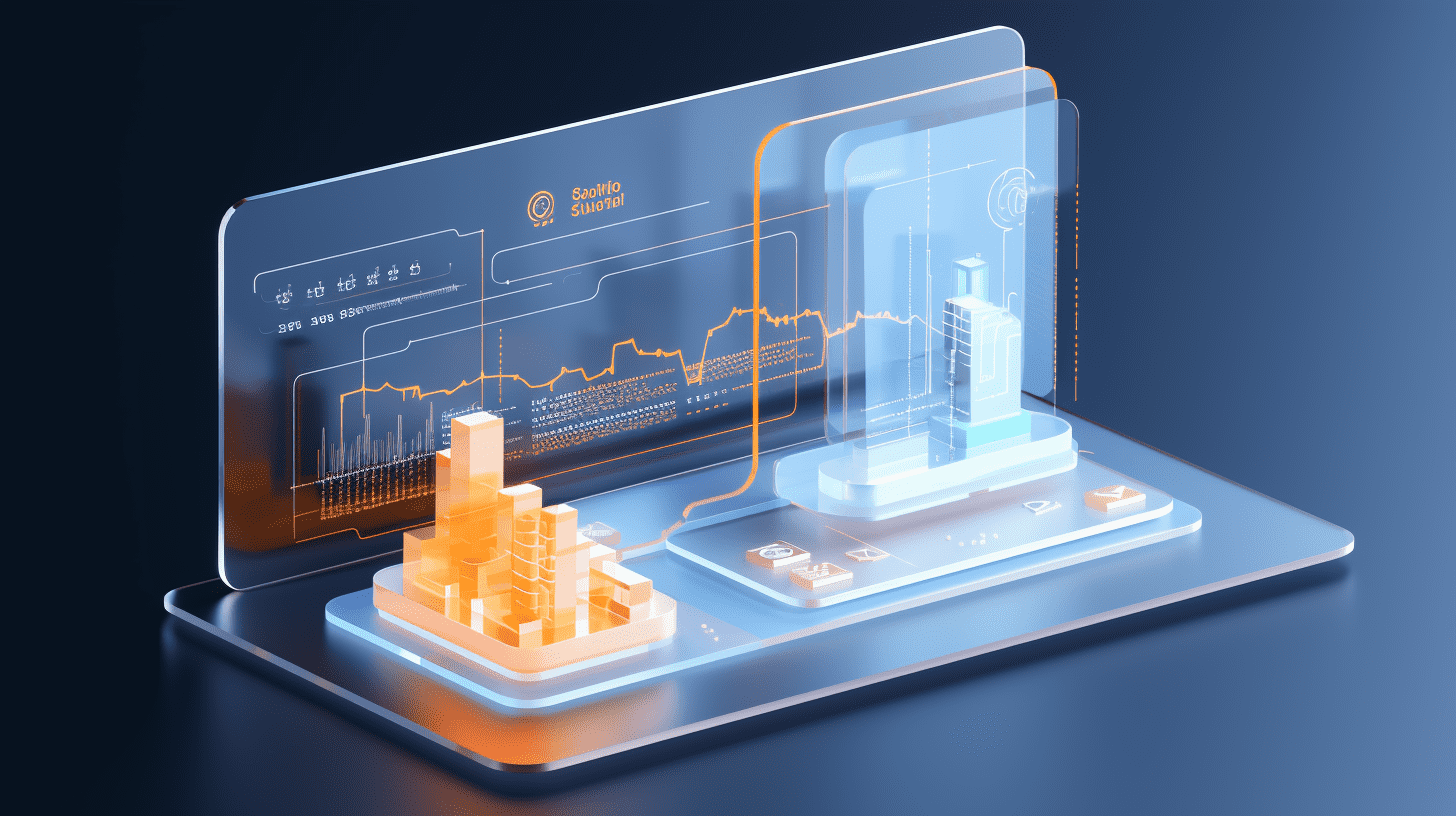CICC: US inflation rebound exceeds expectations, timing of rate cut may be postponed to the third quarter.
CICC released a research report stating that the core CPI in the United States rebounded to 0.4% month-on-month and 3.3% year-on-year in January. The overall CPI rose to 0.5% month-on-month and 3.0% year-on-year, both higher than market expectations.
CICC released a research report stating that the seasonally adjusted core CPI in the United States increased by 0.4% month-on-month in January, rebounding to 3.3% year-on-year. The overall CPI rose by 0.5% month-on-month and 3.0% year-on-year, both higher than market expectations. The team believes that this rebound in inflation is related to various supply disruptions, including the lagging effects of hurricanes, extreme winter weather, California wildfires, egg shortages due to avian flu, and increasing expectations of Trump's tariffs. Additionally, it also reflects seasonal factors such as the "January effect". Normally, supply disruptions are short-lived, but the uncertainty surrounding tariffs is a new variable with significant uncertainty, which combined with job strength may lead the Federal Reserve to maintain a watchful stance for a longer period of time. The team has postponed their prediction for the timing of interest rate cuts to the third quarter, earlier than the market's current expectation of the fourth quarter.
The seasonally adjusted core CPI in the US increased from 0.2% last month to 0.4% in January, while the overall CPI rose from 3.2% to 3.3% year-on-year. Various components of inflation data rebounded significantly, with core services prices excluding rent (supercore) jumping to 0.8% month-on-month, driven by increases in hospital services (+0.9%), airfares (+1.2%), entertainment services (+1.2%), and car rentals (+1.7%). Insurance items such as auto insurance (+2.0%) and home insurance (+1.1%) also saw notable increases, possibly related to increased claims costs and rising demand due to extreme weather disruptions. The price of core goods rebounded from 0% last month to 0.3%, with used car prices rising by 2.2% after a 0.8% increase last month.
CICC believes that the unexpected rebound in inflation in January is related to various supply disruptions, including the lingering effects of hurricanes, extreme winter weather, California wildfires, egg shortages due to avian flu, and increasing expectations of Trump's tariffs. It also reflects seasonal factors, such as the "January effect". Historically, businesses tend to adjust prices at the beginning of each year, often leading to higher inflation data in the first quarter compared to other quarters. A similar situation occurred in the first quarter of last year, causing inflation to peak and then decline.
Normally, supply disruptions are short-lived, but tariffs present a new unknown factor. Since Trump's inauguration as president, he has announced tariffs on imports from Mexico, Canada, and China, with some of them already in effect. Additionally, the Trump administration has imposed a 25% tariff on all imported steel and aluminum products, with plans for more tariffs in the future. While the impact of tariffs on inflation is still uncertain and needs to be observed, it will undoubtedly increase inflation uncertainty and may disturb consumer inflation expectations. The latest preliminary one-year inflation expectations from the University of Michigan surged to 4.3%, a concerning signal.
The uncertainty of tariffs combined with job strength will lead the Federal Reserve to continue to maintain a wait-and-see approach. CICC has postponed its prediction for the timing of interest rate cuts to the third quarter. Last Friday's nonfarm employment data was robust, showing that risks to the US labor market are roughly balanced, and the Federal Reserve does not need to rush to cut interest rates. Today's CPI data shows that inflation remains sticky, further strengthening the view that there is no rush to cut interest rates. Additionally, due to the persistent uncertainty of tariffs, and the risk of inflation rebound, the Federal Reserve cannot rule out the possibility of a resurgence of inflation, keeping them in a state of driving in the fog, navigating cautiously. Considering these factors, CICC believes that the threshold for a Fed rate cut has noticeably increased, and it may be difficult to lower rates in the first half of the year.
The delay in interest rate cuts will create downward pressure on future demand, and the risk of a further increase in inflation is not significant. For interest rate-sensitive sectors such as real estate and manufacturing, a prolonged period of high financing costs may continue to curb recovery momentum. While Trump's tax cuts help boost "animal spirits," the uncertainty from tariffs may make businesses more cautious in capital spending. Continuing high interest rates and high prices may weaken consumer confidence, as seen in the University of Michigan Consumer Confidence Index for February falling to 67.8 for the second consecutive month, indicating that consumer sentiment has not improved with Trump's inauguration. The recent wave of government layoffs under the guidance of the Department of Government Efficiency (DOGE) may further weaken consumer confidence. Overall, high interest rates will pose a hurdle to a comprehensive economic recovery, and with total demand restricted, the possibility of a sustained rebound in inflation is limited.
Related Articles

Guangdong Zhongsheng Pharmaceutical (002317.SZ): The innovative drug Arlaidevir project has received top-line analysis data results from two Phase III clinical trials.

New stock news | Luku Technology submits application to the Hong Kong Stock Exchange, the shipment volume of vein smart locks in 2024 ranks first in the world.

Hunan Silver (002716.SZ) director Rongqi resigns
Guangdong Zhongsheng Pharmaceutical (002317.SZ): The innovative drug Arlaidevir project has received top-line analysis data results from two Phase III clinical trials.

New stock news | Luku Technology submits application to the Hong Kong Stock Exchange, the shipment volume of vein smart locks in 2024 ranks first in the world.

Hunan Silver (002716.SZ) director Rongqi resigns

RECOMMEND

Nine Companies With Market Value Over RMB 100 Billion Awaiting, Hong Kong IPO Boom Continues Into 2026
07/02/2026

Hong Kong IPO Cornerstone Investments Surge: HKD 18.52 Billion In First Month, Up More Than 13 Times Year‑On‑Year
07/02/2026

Over 400 Companies Lined Up For Hong Kong IPOs; HKEX Says Market Can Absorb
07/02/2026


